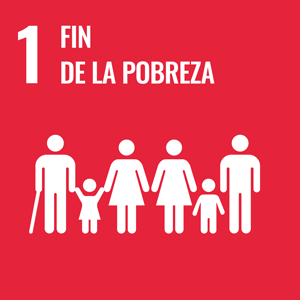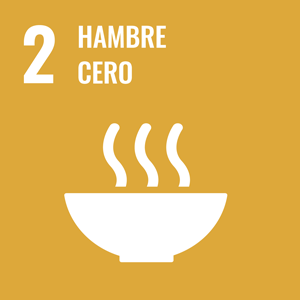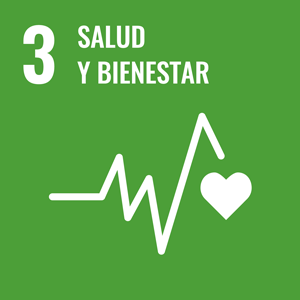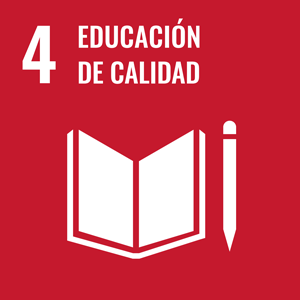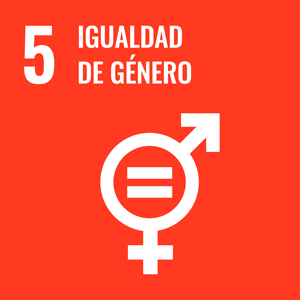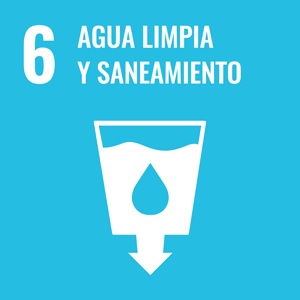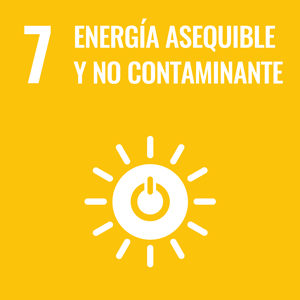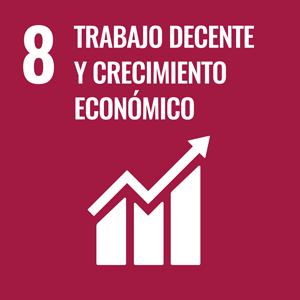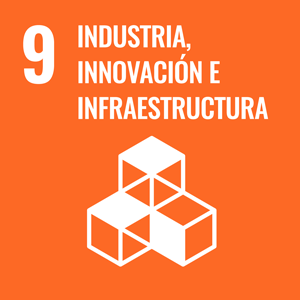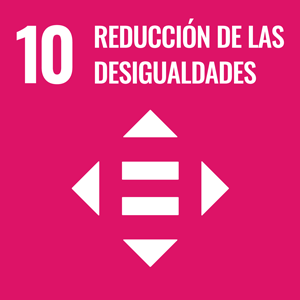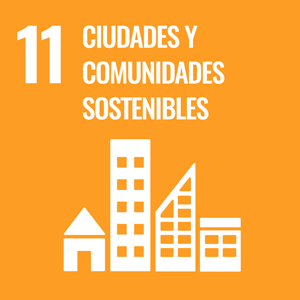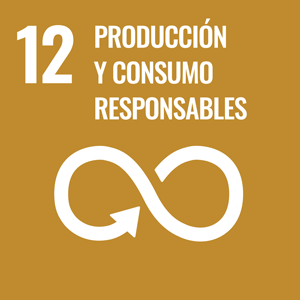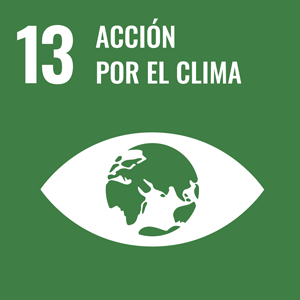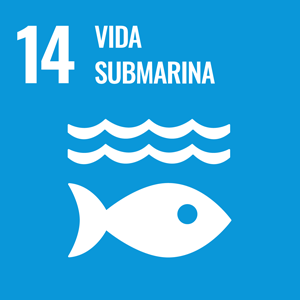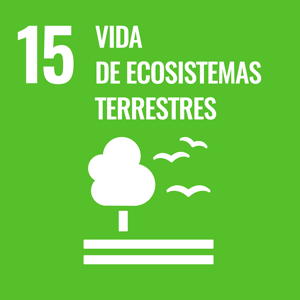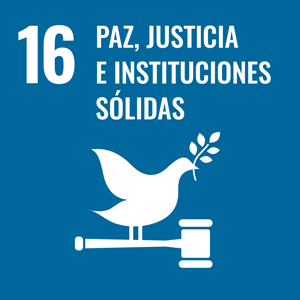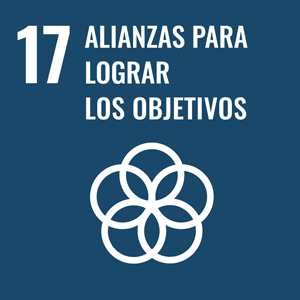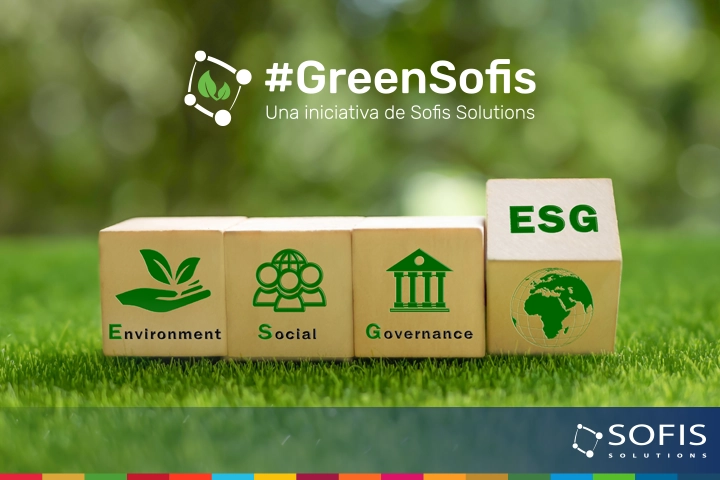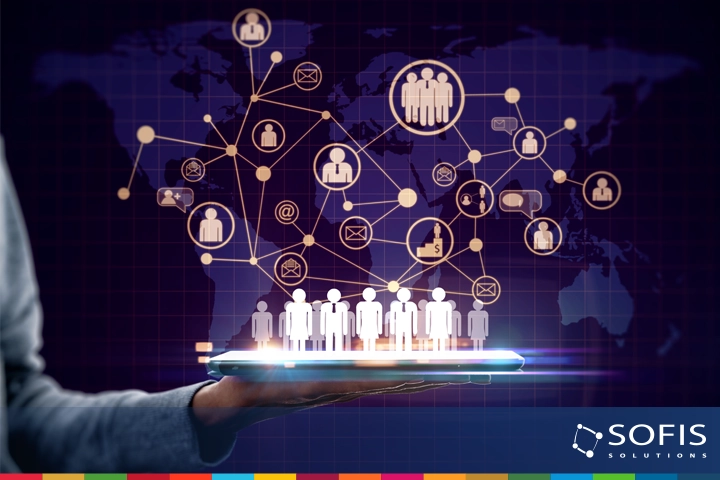-
Who we are
-
-
StrategyMission
Improving people's quality of life through the digital transformation of organizations and technological inclusion.
VisionTo be one of the most innovative digital leaders in Latin America.
Learn moreValues- Ethics and transparency
- Professionalism
- Respect
- Honesty
- Innovation
- Responsibility
- Effectiveness
- Integrity
- Customer orientation
- Punctuality
-
-
-
History
Sofis Solutions was born in 2005, in the city of Montevideo - Uruguay.
Since its inception, the main driver was and remains quality. This applies to processes, products, and relationships with the environment.The internationalization of the company It was one of the founding objectives. In the first stage, it expanded from Uruguay, and in the second stage, it opened offices in Latin American countries. Currently, it has offices in Montevideo, Panama, El Salvador and Ecuador.
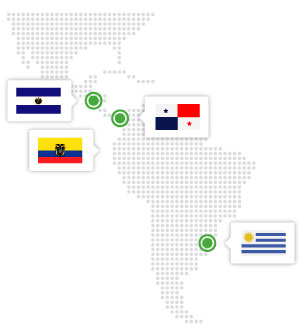
-
-
-
Alliances




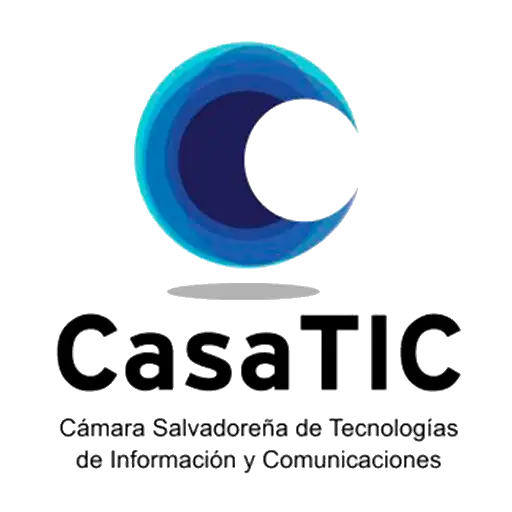


-
-
-
Certifications

CMMI-DEV-3
More informationNational Quality Award
More informationISO 9001:2015
Quality Management SystemISO 37001:2016
Anti-Bribery Management SystemISO 14001:2015
Environmental Management System
-
-
-
SustainabilityLearn more
Sofis Solutions integrates environmental, social, and governance (ESG) principles into its management and operations, driving sustainability through Digital Transformation. Its strategic approach prioritizes energy efficiency, digital inclusion, and transparency in digital governance, contributing to the responsible development of organizations.

-
-
-
What we do
-
-
IT projectsLearn moreAt our Software Factory, we specialize in providing software development solutions with a focus on excellence and sustainability.
-
-
-
Software qualityOur software quality services comprehensively address the aspects or dimensions of software quality, addressing this approach throughout the entire software development cycle.
- Manual and automated functional suitability testing
- Performance testing
- Software product quality
- Software quality consulting
Learn more
-
-
-
Staff AugmentationLearn moreWhat is IT Staff Augmentation? IT Staff Augmentation is a specialized technical staffing model that enables organizations to increase their agility and respond to the changing technological needs of the market.
-
-
-
ConsultancyIn the public sector, strategic decisions and projects with citizen-centered designs and excellence have the power to transform entire communities.Learn more
-
-
-
BIonA SuiteBIonA Suite is a comprehensive platform for the intelligent management of processes and services in public and private organizations. BIonA Suite facilitates smart transformation with a focus on public value and user experience. Learn more
-
-
-
Projects
-
-
Recent projects
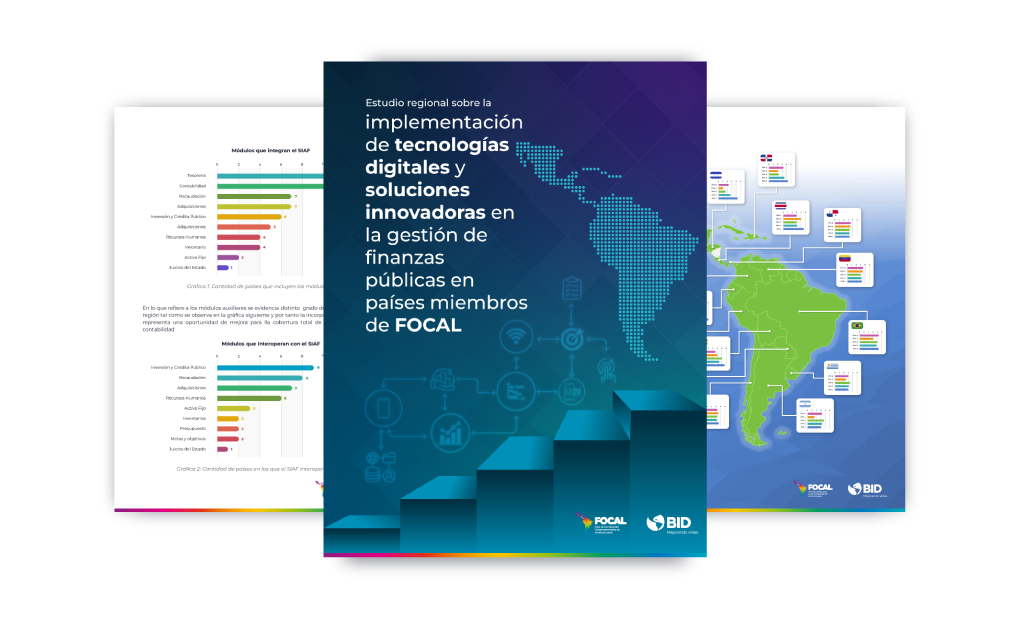 FOCAL Regional StudyFOCAL - El Salvador
FOCAL Regional StudyFOCAL - El Salvador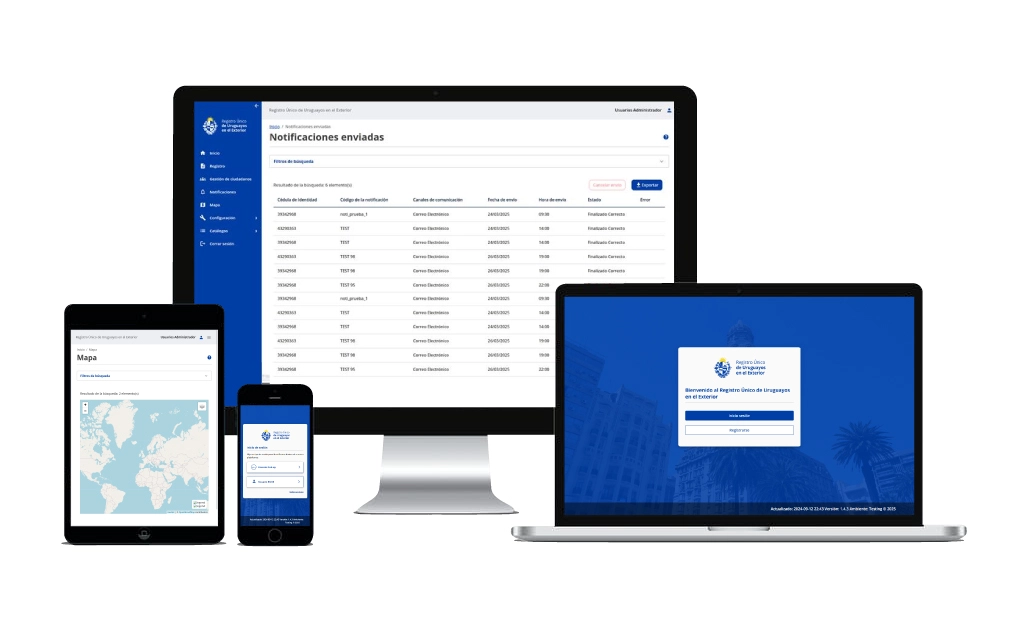 Single Registry of Uruguayans AbroadMinistry of Foreign Affairs - Uruguay
Single Registry of Uruguayans AbroadMinistry of Foreign Affairs - Uruguay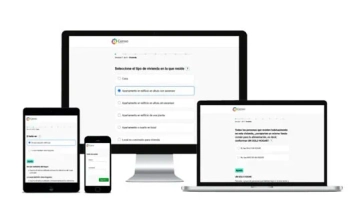 Population and Housing Census 2023National Institute of Statistics - Uruguay
Population and Housing Census 2023National Institute of Statistics - Uruguay
-
-
-
Digital Public InfrastructureWhat are Digital Public Platforms?ProjectsProducts
-
-
-
-
Mobile applicationsWe create hybrid, native, and PWA solutions for devices with Android and iOS operating systems.
Some of our projects:Digital Patrols, Ecuadorian Bovine Information System, Easy Budget UY, Digital Portfolio, SIGES Teachers App, SIGES Parents App.
Learn more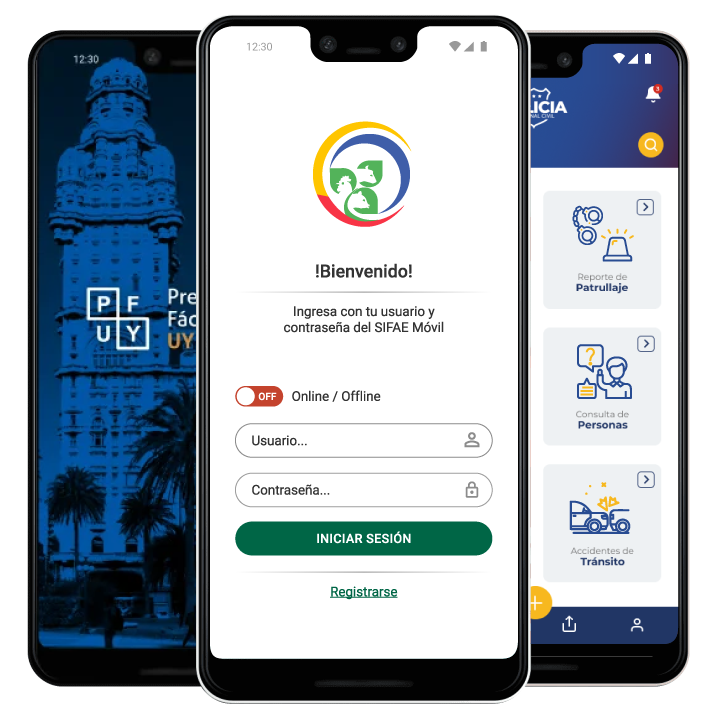
-
-
-
FOCAL regional studyThe purpose of the study was to carry out a regional analysis with the objective of identifying and evaluating the maturity level of the member countries of the Latin American Government Accounting Forum (FOCAL), currently composed of Argentina, Bolivia, Brazil, Chile, Colombia, Costa Rica, Ecuador, El Salvador, Guatemala, Honduras, Mexico, Nicaragua, Panama, Paraguay, Peru, Dominican Republic, Uruguay and Venezuela.Learn more

-
-
- AI
-
-
Artificial IntelligenceLearn moreAdvanced Artificial Intelligence (AI) and Big Data solutions that transform the way organizations make decisions and optimize their operations. We specialize in the development of intelligent autonomous agents and generative AI solutions using large language models (LLMs), both on local infrastructure and in the cloud.
-
- Press Room
-
-
Sustainable development
-
-
-
Events
 07/08/2025CAROSAI, Audit and Digital Transformation
07/08/2025CAROSAI, Audit and Digital Transformation
-
-
-
Interviews
 16/06/2025Virtual Threads in Java
16/06/2025Virtual Threads in Java
-
- Innovation
-
-
#GreenSofisMore information
Methodology
#GreenSofisSustainable Digital Transformation Conference
#GreenPath
-
-
-
AI For Everything
It is an initiative by Sofis Solutions, from the Intelligent Solutions Division, that promotes the adoption of artificial intelligence as a key driver of efficiency and effectiveness in the intelligent era.
It integrates both administrative and operational processes, promoting an organizational evolution where technology amplifies knowledge, optimizes decision-making, and generates value in a sustainable and inclusive way.
More information
-
- Contact us
- ES
-

Sofis Solutions joined an international network that promotes global geospatial initiatives.
Montevideo, November 30, 2023.
Sofis joined the Private Sector Network of the United Nations Committee of Experts on Global Geospatial Information Management
The value and utility of Geospatial Information (GI) in society and the global economy have expanded exponentially in line with its growing maturity, and it is now relevant in almost all human endeavors.
GI is not only a facilitator of daily activities but also a driver of innovation, development, and excellence in and among countries, creating disruption in business models and generating significant social and economic value.
This value was recognized by the United Nations (UN) in the context of global development and prosperity, particularly for developing and vulnerable countries. In this way, the United Nations Economic and Social Council (ECOSOC) established in July 2011 the United Nations Committee of Experts on Global Geospatial Information Management (UN-GGIM) to take concrete measures to strengthen international cooperation in global GI management.
Since its inception, UN-GGIM has recognized the role of stakeholders from the academic, research, and private sectors in achieving its objectives of promoting the global use of GI for evidence-based decision-making and, more recently, leveraging GI to collaborate in measuring and monitoring the UN Sustainable Development Goals (SDGs).
The private sector has actively participated and contributed to the UN-GGIM process at both global and regional levels over the past years. This led to the recognition that a more coordinated network would provide greater benefits and better connection and communication for both private sector stakeholders and the Committee’s Member States.
In this context, and because the 2030 Agenda requires stronger public-private partnerships to leverage new data sources and technologies, the UN-GGIM Committee, in its sixth session in August 2016, agreed to establish the Academic Network and the Private Sector Network.
The UN-GGIM Private Sector Network (PSN) aims to facilitate direct connection and communication so that the private sector can work with Member States to achieve success in global geospatial initiatives. The PSN is intended to enable ongoing dialogue for collaboration between UN-GGIM members and PSN participants to develop, build, and expand global capacity to benefit from GI, allowing countries to build capacity in geospatial information, technologies, and services.
In line with its principles of working with strong social, environmental, and governance commitment, Sofis Solutions has been strengthening its Geospatial Information Systems (GIS) area by generating products aligned with the SDGs. It is in this pursuit of continuous improvement that it was recently accepted as a member of the UN-GGIM PSN.
It is worth noting that major companies such as Google and Oracle, along with other globally recognized companies and organizations in the field of Geographic Information Systems such as OGC (Open Geospatial Consortium) and ESRI, participate in this network.
Being a member of this prestigious network will allow Sofis Solutions to participate and stay informed about the latest decisions regarding GI management, work with the frameworks currently used for mapping SDG indicators, and carry out initiatives in this regard from the perspective of a company committed to sustainable development.

Within the framework of the United Nations Global Compact's 2024–2025 strategy, which proposes five transformative changes to accelerate business impa...
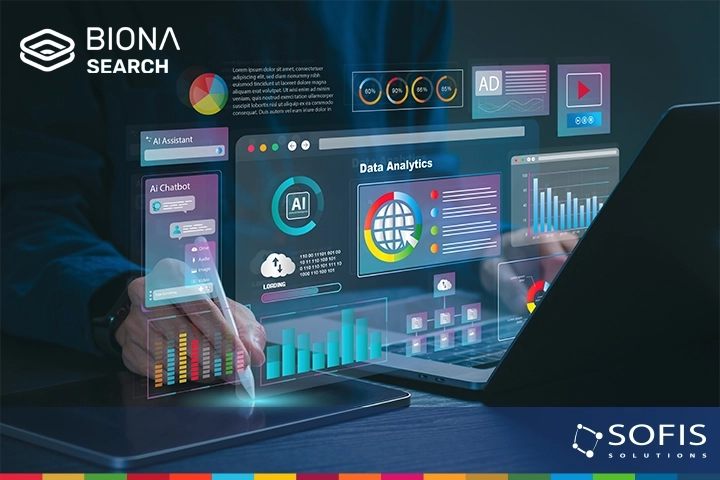
En muchas organizaciones, el CRM (Customer Relationship Management) es el núcleo operativo de la relación con los clientes. Sin embargo, acceder a la ......

In May 2025, Sofis Solutions participated in the 13th CAROSAI Congress in the Bahamas, a key meeting for strengthening public auditing in the Caribbea...












 Digital Signature
Digital Signature